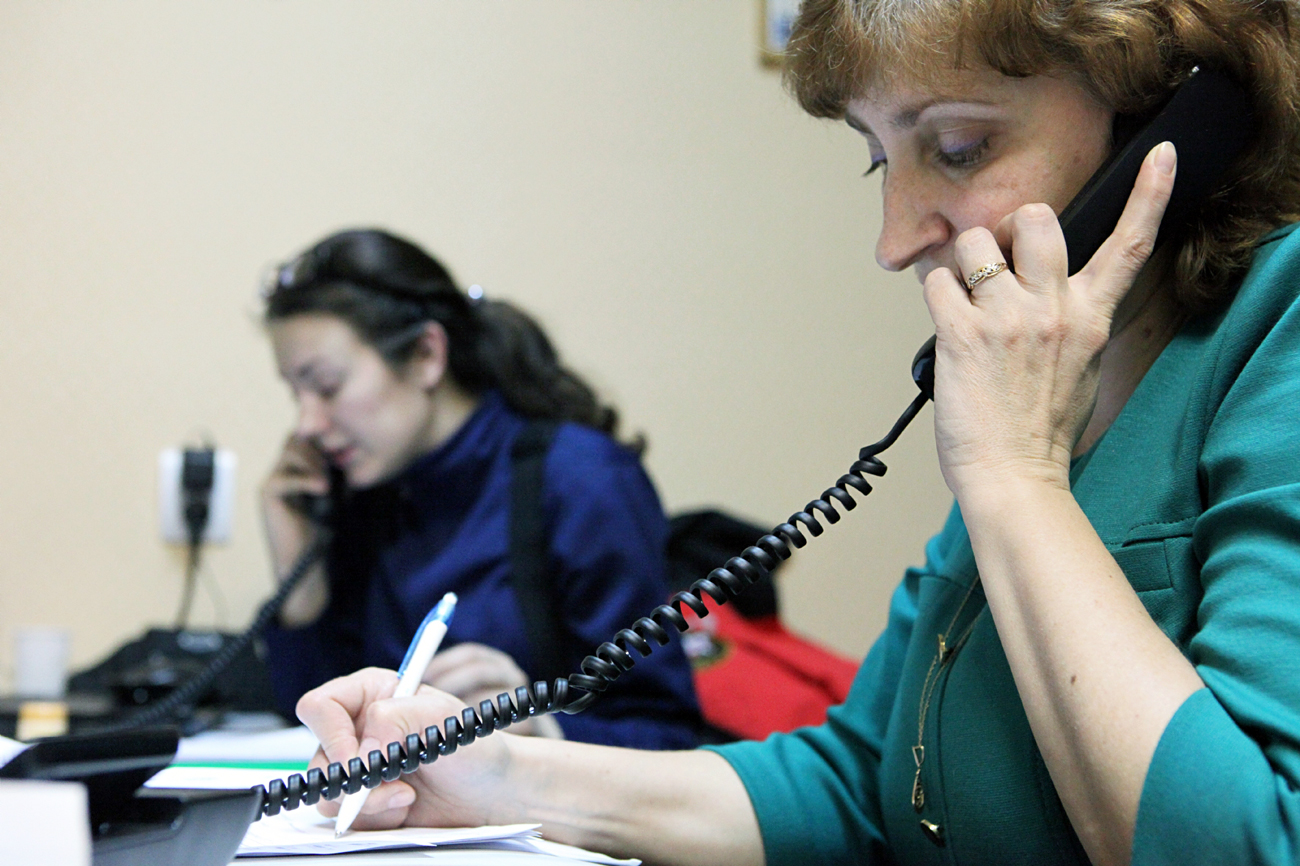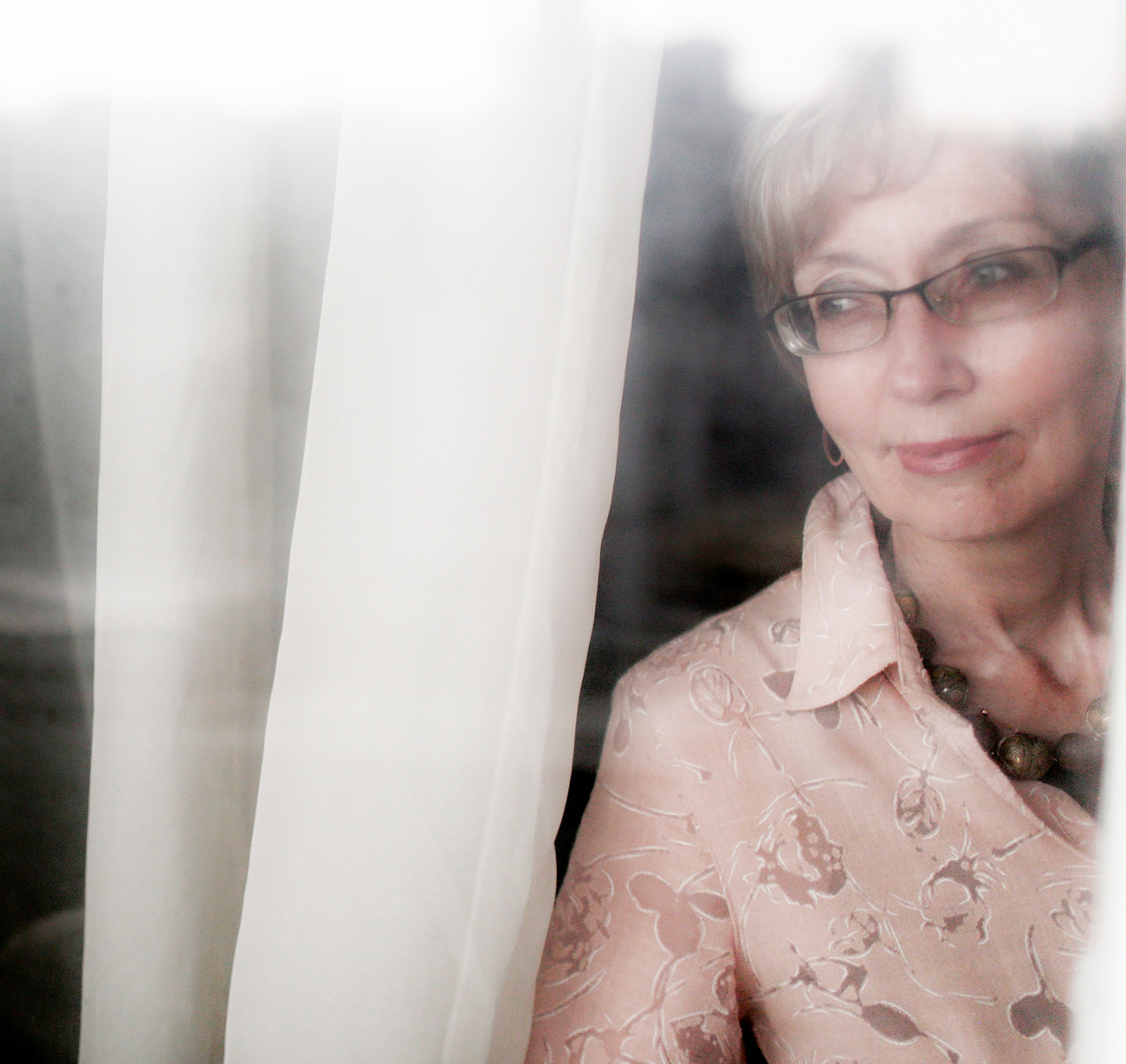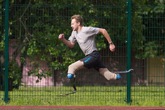Disabled Russian psychologists help themselves by helping others

Help Yourself by Helping Others project was born in 2012, at the Moscow State Psychological and Pedagogical University. Source: PhotoXPress
There is a belief among many people that psychologists and therapists are those who have themselves endured serious trials and learned to deal with them. There is nothing unexpected, therefore, in the idea of building a psychological service that employs people with disabilities. In Russia there is one organization which employs differently-abled psychologists.
Irina Sadogurskaya, a psychologist with the project ‘Pomogaya Drugim – Pomogayesh Sebe’ (Help Yourself by Helping Others), or PDPS, earlier worked as a tour operator. Seven years ago she suffered a spinal injury in an accident in Southeast Asia.
 Irina Sandogurskaya / Source: Personal archive
Irina Sandogurskaya / Source: Personal archive
"There was a choice – either to surrender and bury myself alive, or to start from scratch," said Sadogurskaya. She chose the latter option and decided to become a psychologist.
Helping someone like you
Help Yourself by Helping Others is an example of a bottom-up solution, based on initiative and enthusiasm. The project was born in 2012, at the Moscow State Psychological and Pedagogical University (MGPPU), where PDPS founder Vera Zakharova worked.
The university administration approved the idea of a project to employ psychologists with disabilities, who took distance training at MGPPU. This is how Russia's only fully remote psychological assistance service, where people with disabilities work, was born.
"The project was originally conceived in such a way that psychologists with disabilities should advise other people with disabilities," said Sadogurskaya, who was one of the first psychologists to take part in the project.
 Vera Zakharova / Source: Personal archive
Vera Zakharova / Source: Personal archive
"And I knew that I would succeed, I had something to share with such people. I was able to cope with the most severe depression, and I felt that I could help other people who find themselves in difficult situations."
Via Skype and on the forum
PDPS' psychologists are approached not only by people with disabilities, but also those with a variety of other problems, including bereavement, relationship problems, and depression.
The remote psychological assistance service receives around 100 calls and 50 requests per month for consultation by correspondence – a lot for the small project, which employs only 10 psychologists and has no money to advertise or expand.
All clients receive free help – this is the project's main principle. Psychologists with disabilities, who themselves are facing serious challenges in life, understand like no other how important it is that those who are on the verge of despair have a chance to get free help.
The project operates remotely. The psychologists work from home, communicating with each other over the internet to discuss difficult cases. PDPS employees claim remote work has important advantages for customers: By talking on Skype or exchanging messages with a psychologist on the forum, it is easier for many to open up and talk about their problems.
Difficult fate
While the project is a success, with numerous customers posting grateful responses on the PDPS website, from a financial point of view, the service is teetering on the brink. It does not take money from customers. The project has almost no sponsors, and employees get almost no wages.
The service now survives only on charitable donations on the Takiye Dela (These Things) website and, more importantly, the enthusiasm of employees, said Vera Zakharova.
"Remote work for our psychologists with disabilities is the only way for them to realize themselves creatively, to belong to their favourite profession," she said. It is quite possible to work without pay, but only for beginners, as they adapt to the profession. This means that PDPS is always looking for a livelihood.”
"I'm a little sick of the words 'desire to help people,' because they are too pretentious and hackneyed," said Sandogurskaya, contemplating what makes her continue working. "I formulate it as follows: 'a sense of demand' and sometimes even irreplaceability."
Employment problems
According to data from the state statistical agency Rosstat, 12.7 million people with disabilities were registered in Russia in 2016. Only 20 percent of them work.
The problem is not only the lack of appropriate conditions of access to the environment, but also the unwillingness of society to integrate professionals with severe disabilities, says Vera Zakharova, head of the remote psychological assistance project PDPS.
Many people with disabilities cannot go to the office – they need to work at home. Not all employers are willing to provide such conditions.
"The more technical the specialty, the easier it is to find a job – that is, for example, a wheelchair user working from home may very well be an accountant or a computer specialist," says Zakharova. But professions requiring communication with people, such as a psychologist, are almost inaccessible for the disabled in Russia.
All rights reserved by Rossiyskaya Gazeta.
Subscribe
to our newsletter!
Get the week's best stories straight to your inbox

